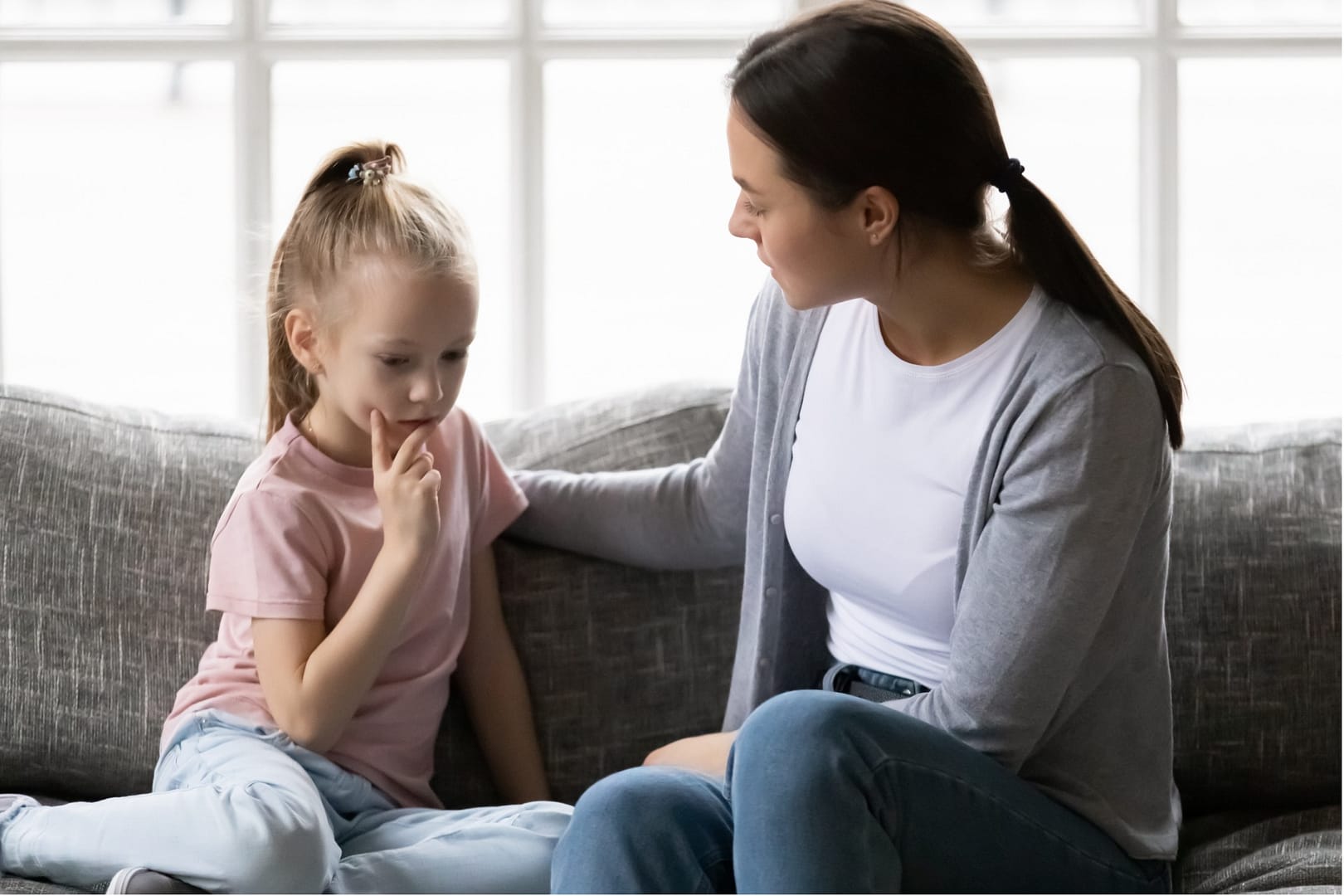Addressing Childhood Social Anxiety Before the School Year
The school year is nearly here, but not every child is excited. In fact, for children with social anxiety, the back-to-school season is one of the most terrifying times of the year. If you’re the parent of a child with social anxiety, you may be nervous for your child. No parent wants their child to be uncomfortable, but you can’t not send them to school. Overcoming social anxiety is one of the most essential aspects of growing into a well-rounded adult. As a parent, what can you do to help your child with social anxiety?

What is Social Anxiety?
First, let’s dive into exactly what social anxiety is. You may have guessed that your child feels nervous in social situations, but there’s more to it than that. Children with social anxiety are excessively self-conscious, over-evaluating every little thing that they say or don’t say, do or don’t do, and wear or don’t wear. Imagine that! That sounds exhausting, right? Social anxiety makes it difficult to participate in class or socialize with their peers.
Symptoms of Social Anxiety
There are two types of symptoms of social anxiety: those that the child experiences and those that the parents/teacher recognize.
The Child’s Experiences
- Fear of returning to school
- Overthinking conversation
- Upset stomach
- Shaky voices/difficulty speaking
- Fear of being judged based on looks, grades, hobbies or anything that makes them unique
What the Parents/Teachers Notice:
- Inattention and restlessness
- Attendance problems
- Avoiding answering questions when called on
- Frequent trips to bathroom or nurse
- Avoiding socialization or group work
- Not bringing friends home
How to Help Your Child with Social Anxiety
Children with social anxiety deal with a lot mentally, and they are already aware that they are different, but they aren’t sure why. One of the best things you can do as a parent is address the elephant in the room. In other words, let them know that what they are experiencing is called social anxiety. Just knowing that what they experience has a name can help them feel less alien.
The next more important thing is to educate your child on the connection between emotional responses and physical symptoms. This can help them understand why their stomach gets upset or why they have trouble speaking, symptoms they likely struggle with and get frustrated by.
Teach Relaxation Techniques
Provide your child with a variety of tools that they can whip out when they begin to feel anxious or overwhelmed. Getting out of a negative thought loop is something that even adults struggle with, but with enough practice, children can grow up with these tools and always be prepared for stressful situations.
- Deep breathing: Teach your child to visualize a balloon and engage the diaphragm when practicing deep breathing. Have them count their breath and imagine the balloon blowing up and slowly deflating. Count 1, 2, 3, 4, (hold) 4, 3, 2, 1, (hold) until they feel better.
- Muscle relaxation: Anxious children tend to tense their muscles (just like adults). Teach your child to relax every muscle in their body in a slow, progressive manner. Beginning with the arms and hands, have your child make a fist, hold it for five seconds, then slowly release. Repeat this in the legs, shoulders, jaw and eyebrows.
- Thought flipping: Children with social anxiety tend to think of the worst possible situation. They then get stuck on this thought and it repeats in their mind, escalating their social anxiety. Teach your child to recognize these negative thoughts and replace them with positive ones. For example, if a child tells you, “My teacher thinks I’m stupid because I can’t do math,” help them understand that that is an untrue, negative thought. Remind them that the teacher’s job is to help them learn math, not judge them. Then, have them replace this thought with something like “I’m having a hard time learning math, but my teacher will help me get better.”
Work on Interpersonal Skills
Sure, it would be easier if you could make friends for your child, but that’s not how it works. Instead, teach them the skills they need to walk confidently into the classroom and communicate with anyone. Roleplay and model to help your child feel at ease with their classmates. Remind them that the first day of school is the chance for new beginnings. Practice these skills and encourage them to use them at school, on the playground and wherever they meet new kids:
- Greetings
- Conversation starters
- Listening and responding
- Asking questions
- Making follow up statements
- Sliding into groups
Seek Help from Mile High Psychiatry
If social anxiety negatively affects your child’s ability to attend school, make friends or affects other areas of their life, then it’s time to seek professional help from Mile High Psychiatry. We are trained in connecting with children from all backgrounds to help get to the root of their worries and give them the tools they need to overcome them.
With our telepsychiatry visits, children can meet with their providers any time, anywhere to learn cognitive tools, role-play conversations and earn a whole toolkit of resources they need to be themselves this school year.


